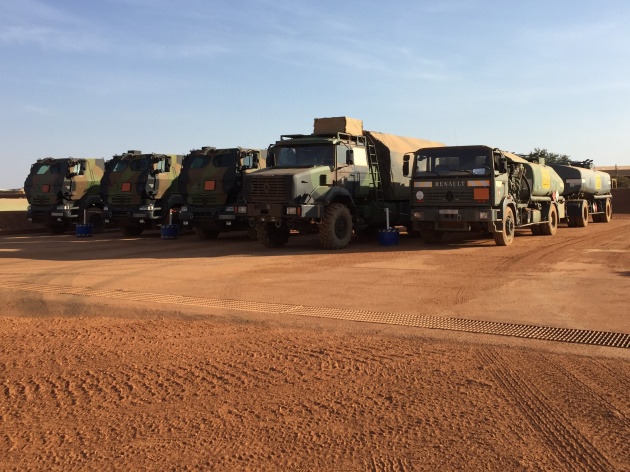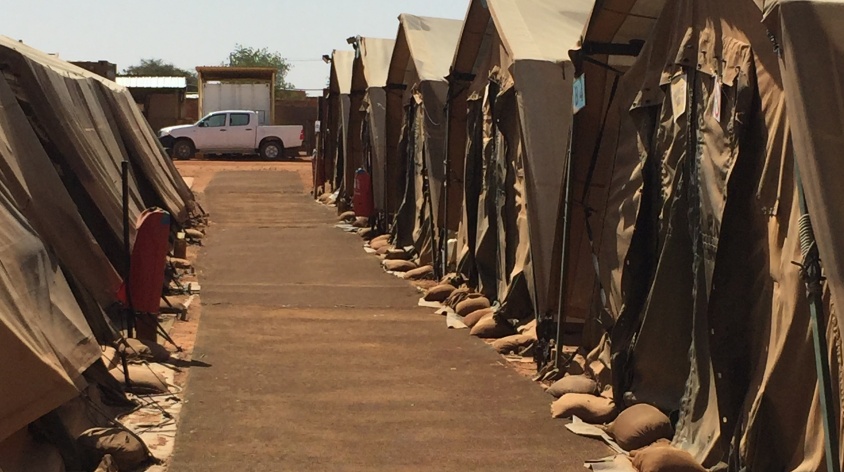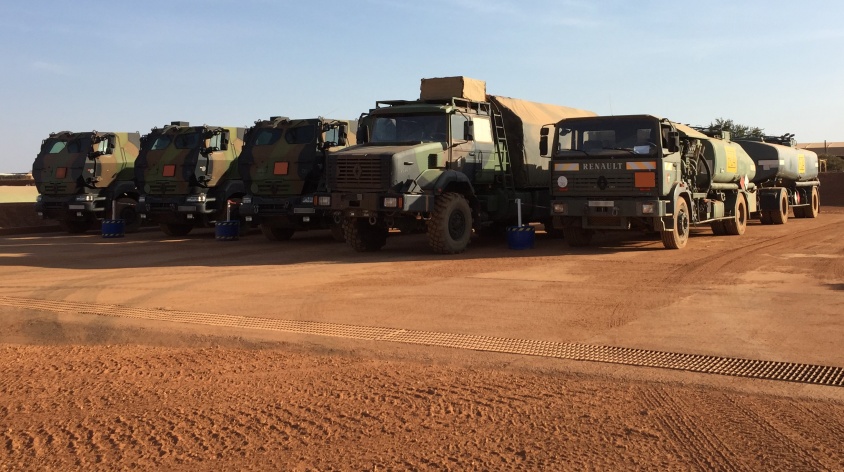NATO ENSEC COE is conducting an experiment - ‘Energy Management in a Military Expeditionary Environment’
To achieve NATO’s aim of improving energy efficiency, it is thought that a focus on non-materiel related solutions such as implementing a robust energy management system can have a strong near-term effect. Furthermore, implementing a robust energy management system not only helps to achieve energy efficiency, but also to improve energy security and address environmental challenges.
Good energy management can result in fewer trucks on the road (related to logistics and supplies), reducing the extent of logistic force protection needed, giving Commanders greater flexibility, and providing the soldier with an improved quality of life and comfort (facility energy can reach 35% average of total amount of operational energy).
The International Standards Organization (ISO) developed the ISO 50001 Energy Management System (EnMs) standard and released it in June 2011 to “support organizations in all sectors to use energy more efficiently”. ISO 50001 establishes a systematic approach of continual improvement, through a documented and report-centric system of measuring and monitoring specific indicators. The system advocates the practice of four core principles: Plan; Do; Check; Act.
Under the NATO ENSEC COE project ‘Energy Management in a Military Expeditionary Environment’, a multidisciplinary approach is being taken to test the utility of a draft military version of the ISO 50001 standard. This is being conducted through a case study at a French operational military camp in Africa. The multidisciplinary approach includes applying military engineering, management consultancy, and behaviour change expertise to interpret ISO 50001 and develop practical recommendations for how to implement energy management in a more structured way.
In addition to the recommendations interpreted from ISO 50001, a behaviour change process designed by the UK MOD is being used to enhance energy efficiency and which complements the four core principles of ISO 50001. The behaviour change process is centred on three building blocks of behaviour: Capability; Opportunity, and Motivation (COM-B). It is believed that ISO 50001 and COM:B can be used together to improve energy management for the benefit of the military.



